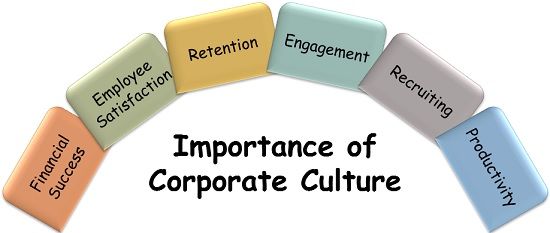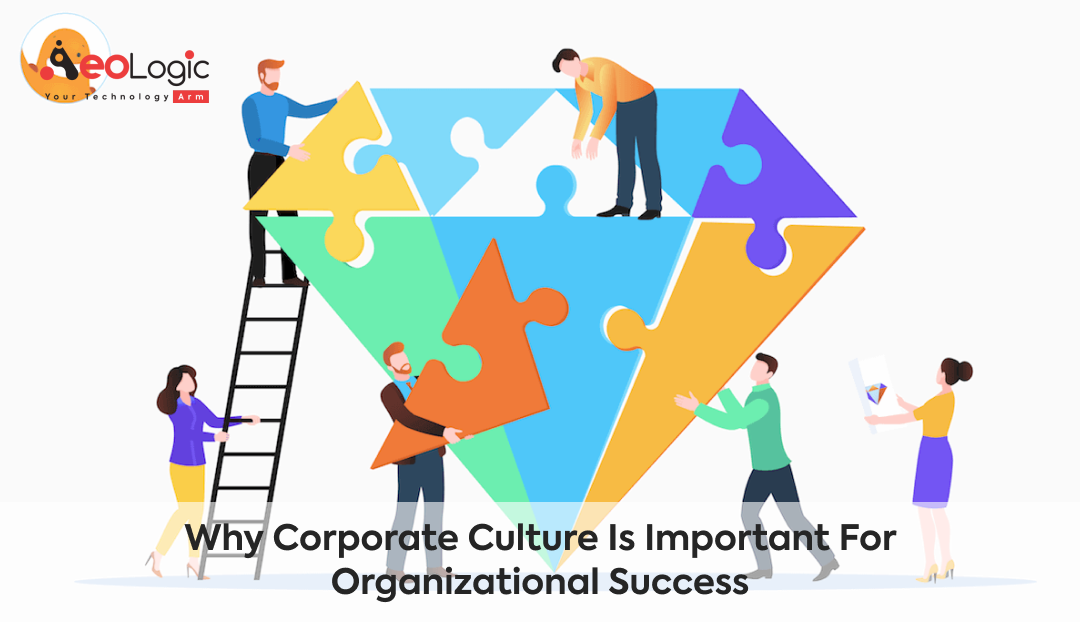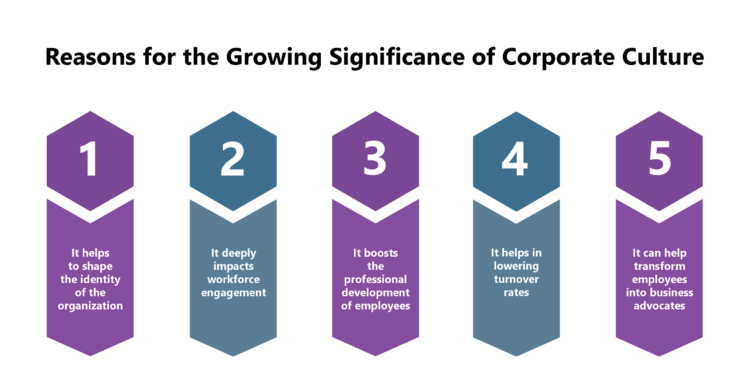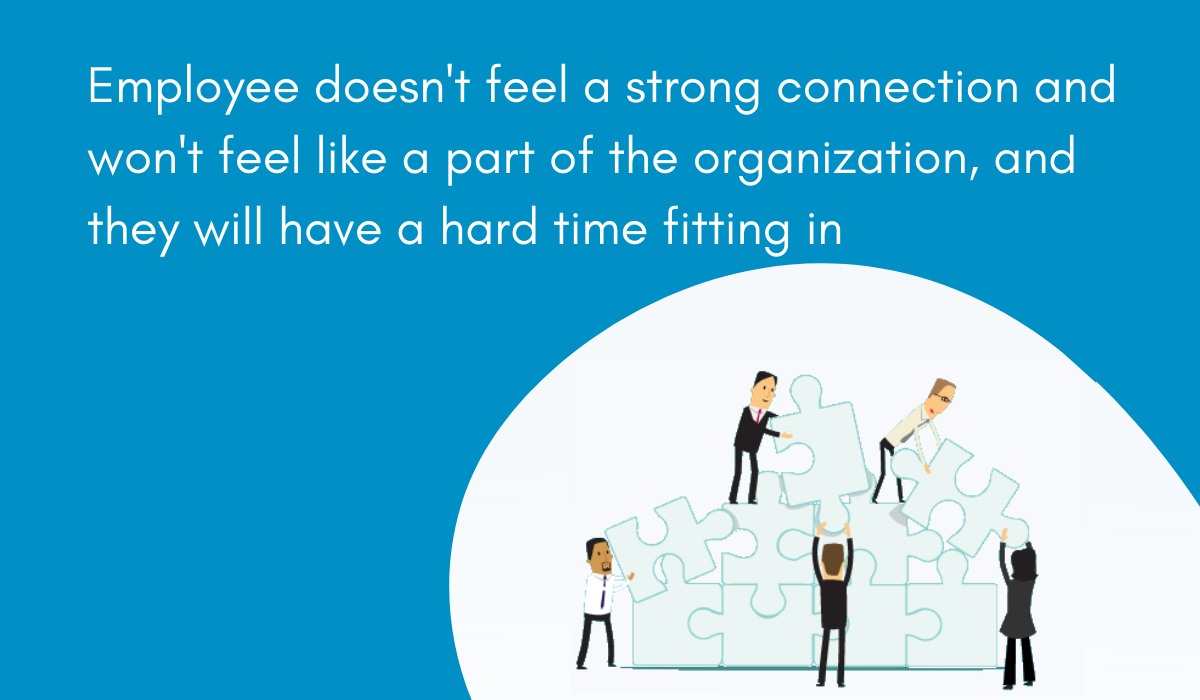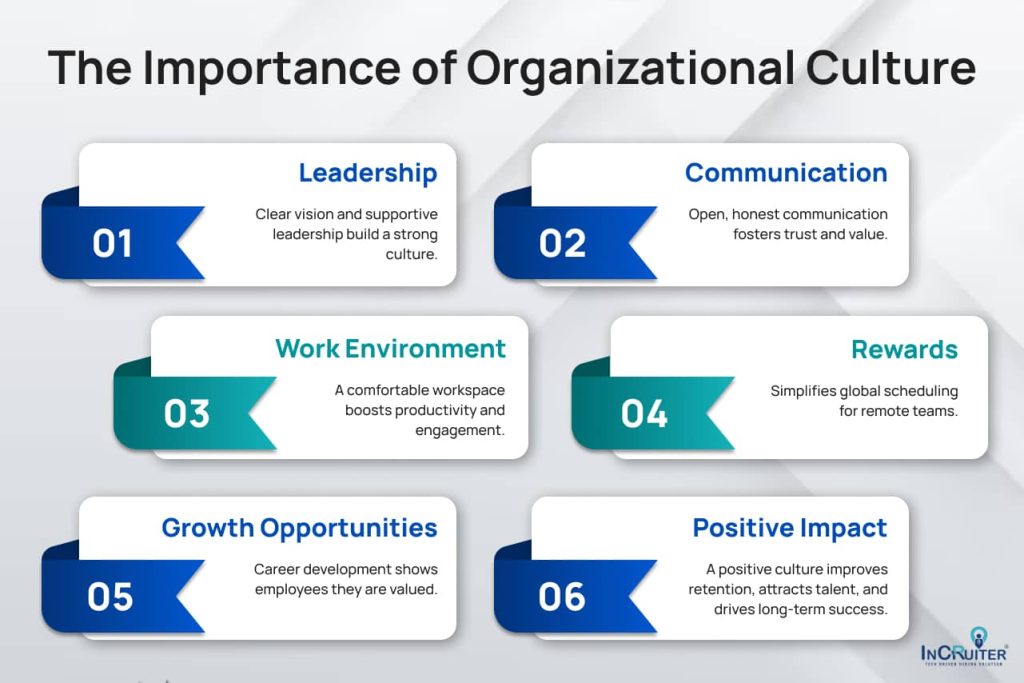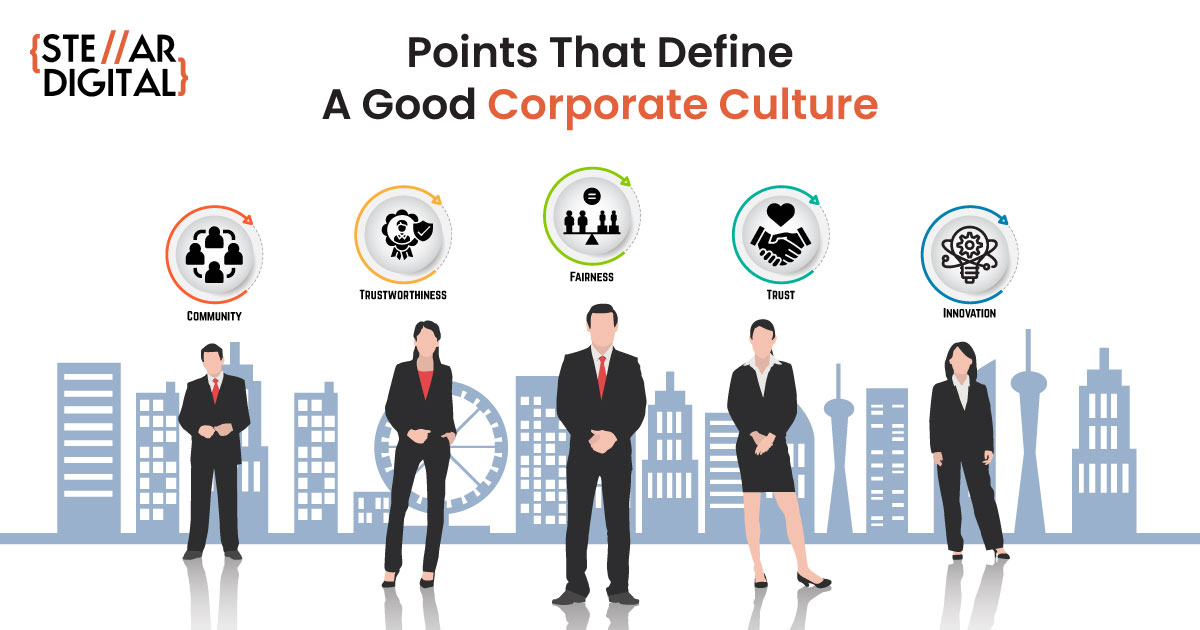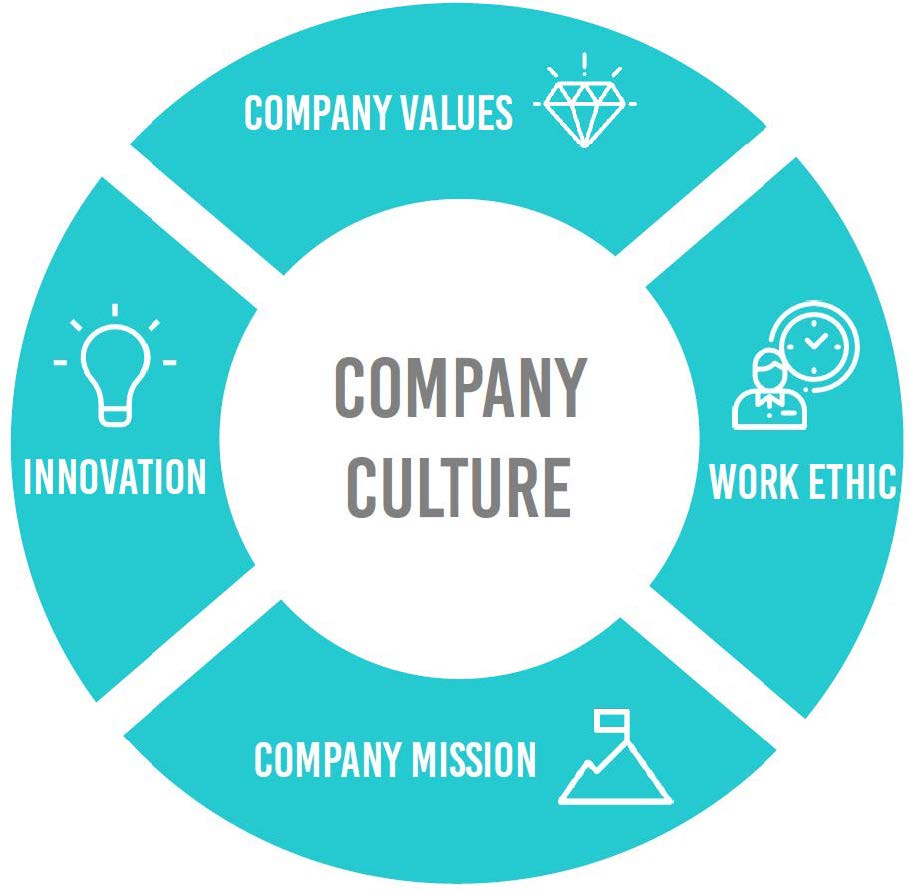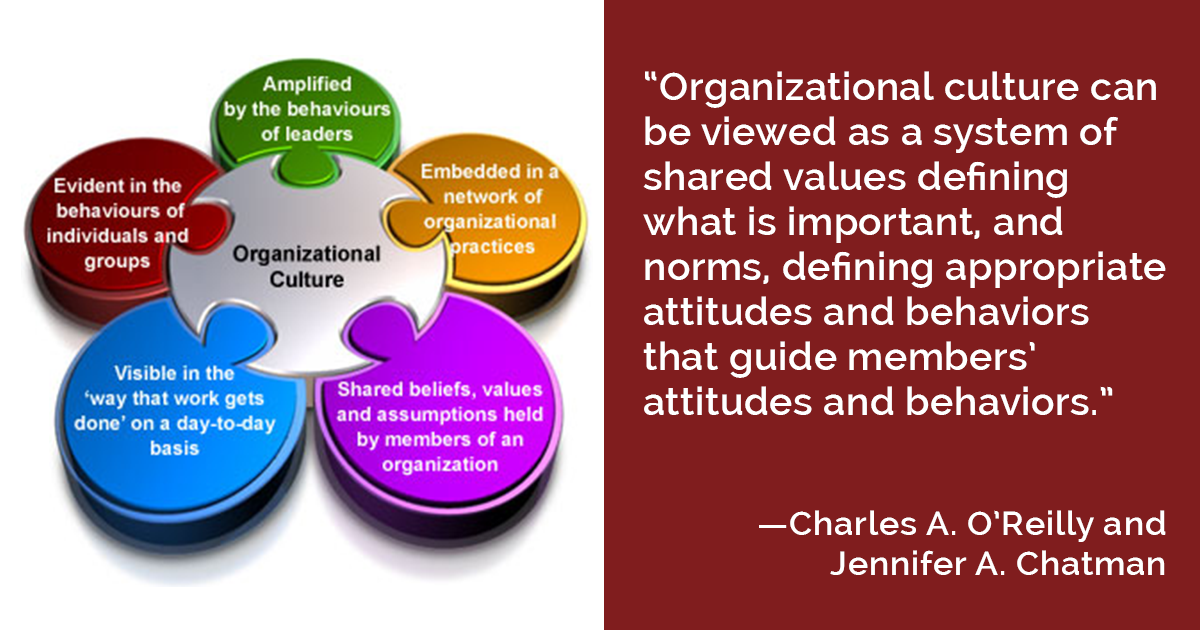Why Is Corporate Culture Important
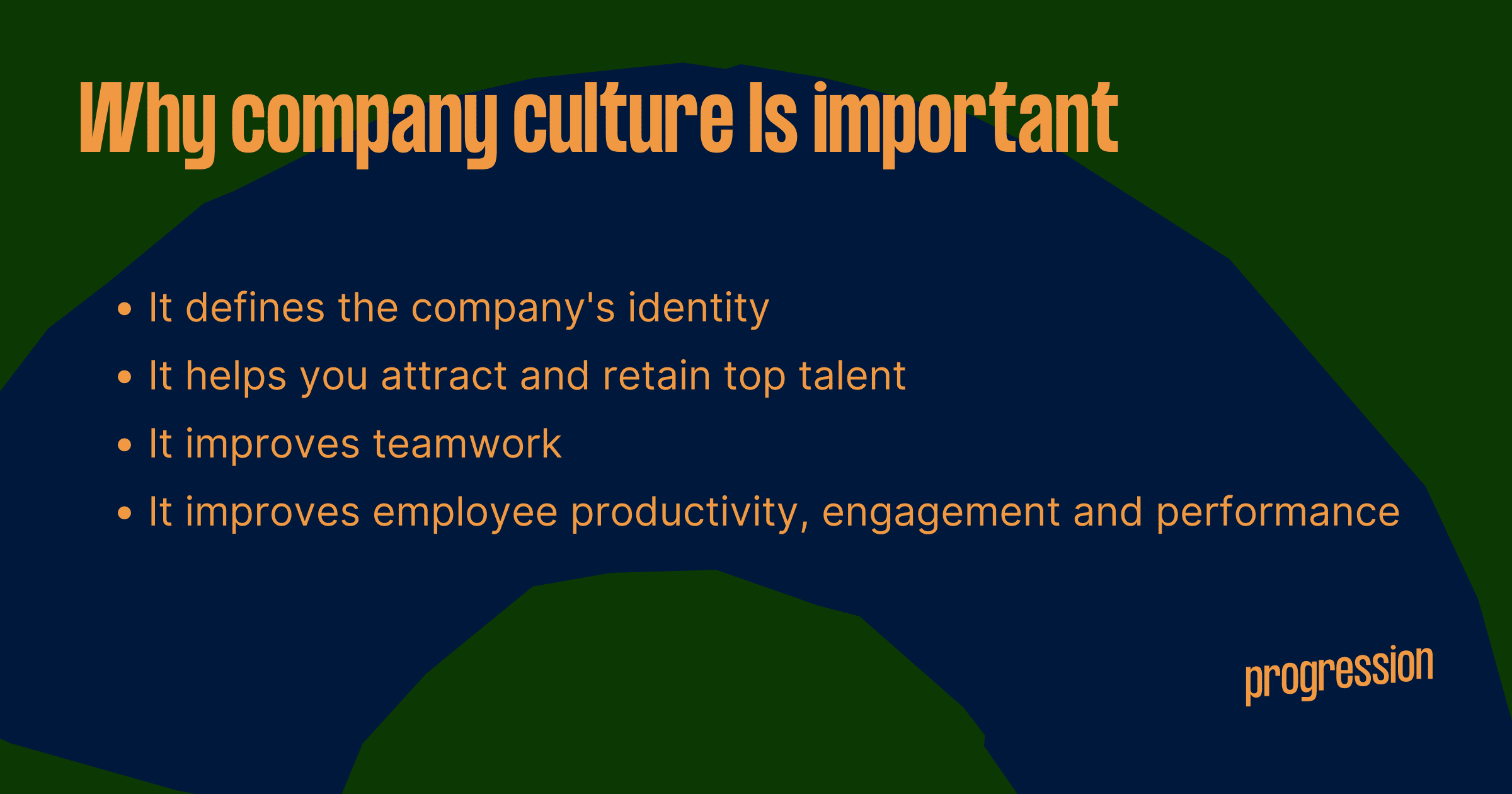
In today's competitive business environment, a company's bottom line is no longer the sole determinant of success. An increasingly crucial factor gaining prominence is corporate culture – the shared values, beliefs, and practices that define an organization and guide employee behavior.
This article explores the multifaceted importance of corporate culture, examining its impact on employee engagement, productivity, innovation, and overall organizational performance. It will also delve into how a well-defined and nurtured culture can serve as a powerful tool for attracting and retaining talent in a challenging labor market.
What is Corporate Culture?
Corporate culture, at its core, is the personality of a company. It encompasses the environment fostered within the organization, influencing how employees interact with each other, with clients, and with the wider community.
According to a study by Deloitte, a strong corporate culture is characterized by clear values, open communication, and a commitment to employee development. These elements collectively shape the employee experience and contribute to a sense of belonging.
The Impact on Employee Engagement and Productivity
A positive corporate culture directly correlates with higher employee engagement. When employees feel valued, respected, and aligned with the company's mission, they are more likely to be motivated and committed to their work. Engaged employees are also more productive, contributing to improved efficiency and profitability.
Data from Gallup consistently shows that companies with high employee engagement outperform those with low engagement in various key metrics, including profitability, productivity, and customer satisfaction. A study published in the Harvard Business Review found that companies with a strong sense of purpose and values experienced higher employee retention rates.
Driving Innovation and Adaptability
Corporate culture plays a pivotal role in fostering innovation. A culture that encourages creativity, risk-taking, and open communication provides a fertile ground for new ideas to flourish.
In a rapidly changing world, adaptability is essential for survival. A strong corporate culture can help organizations navigate uncertainty and embrace change, empowering employees to adapt to new challenges and opportunities.
"Culture eats strategy for breakfast,"- a quote attributed to Peter Drucker, underscores the importance of culture in driving organizational success.
Attracting and Retaining Top Talent
In today's competitive job market, a strong corporate culture is a major draw for prospective employees. Candidates are increasingly seeking workplaces that align with their values and offer a positive and supportive environment.
Companies with a reputation for having a good culture often find it easier to attract and retain top talent, reducing turnover costs and improving overall organizational performance. According to LinkedIn's 2023 Global Talent Trends report, company culture is a top priority for job seekers.
Challenges in Building and Maintaining Culture
Building and maintaining a strong corporate culture is an ongoing process. It requires consistent effort from leadership, as well as buy-in from all employees. Cultural shifts can be difficult to implement, requiring significant communication and training.
Organizations must be mindful of potential cultural clashes and strive to create an inclusive and equitable environment that welcomes diversity of thought and experience. Leadership plays a crucial role in setting the tone and modeling the desired behaviors.
The Future of Corporate Culture
As the workforce evolves, so too will the concept of corporate culture. Hybrid work models, increased emphasis on employee well-being, and a growing focus on social responsibility will all shape the future of workplace culture. Companies that prioritize these aspects will be best positioned to attract and retain talent, foster innovation, and achieve long-term success.
Ultimately, corporate culture is not just a buzzword; it's a strategic asset that can drive organizational performance and contribute to a more engaged, productive, and innovative workforce. Understanding its importance and actively cultivating a positive and supportive culture is essential for organizations seeking to thrive in today's dynamic business landscape.
